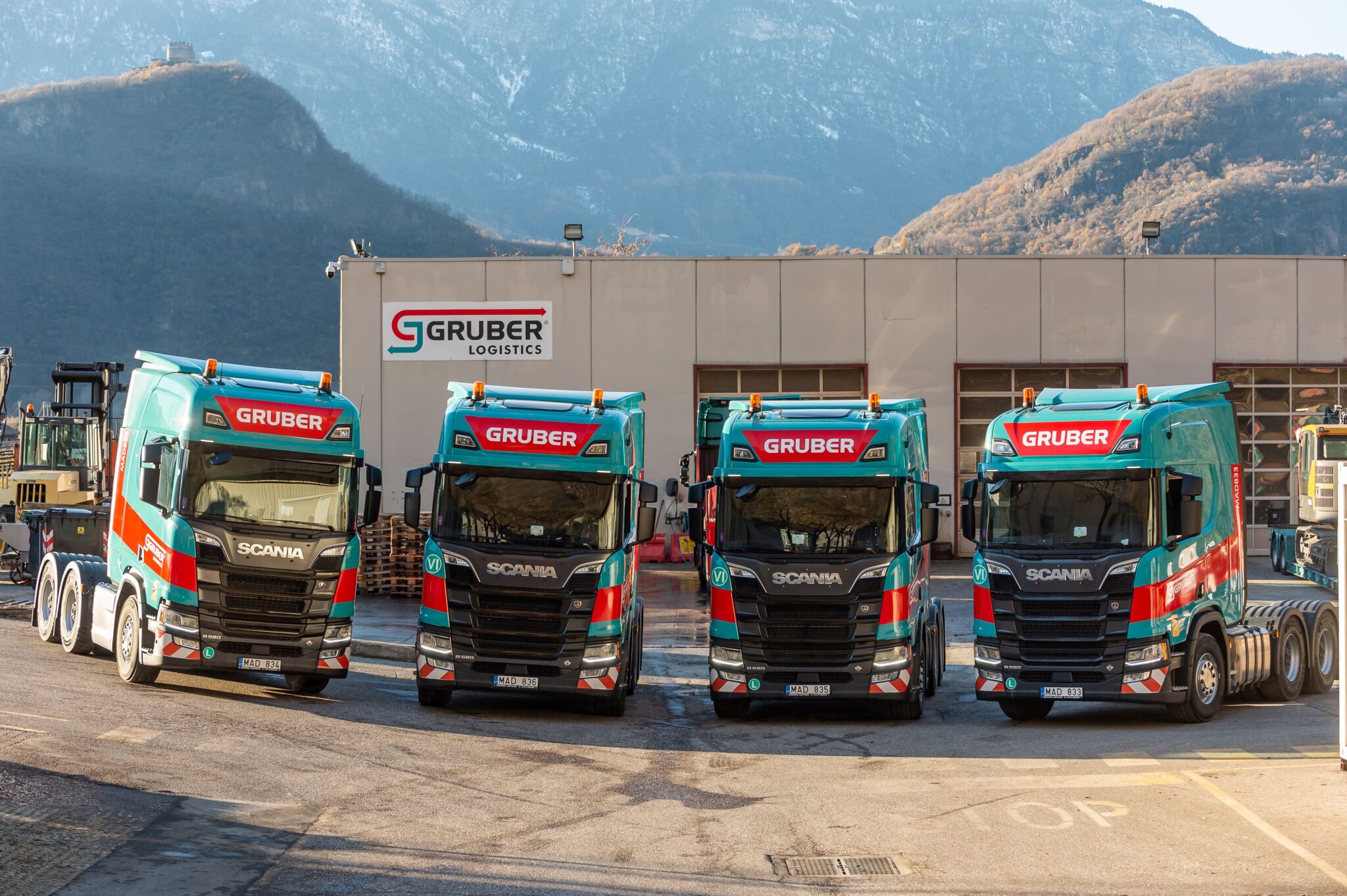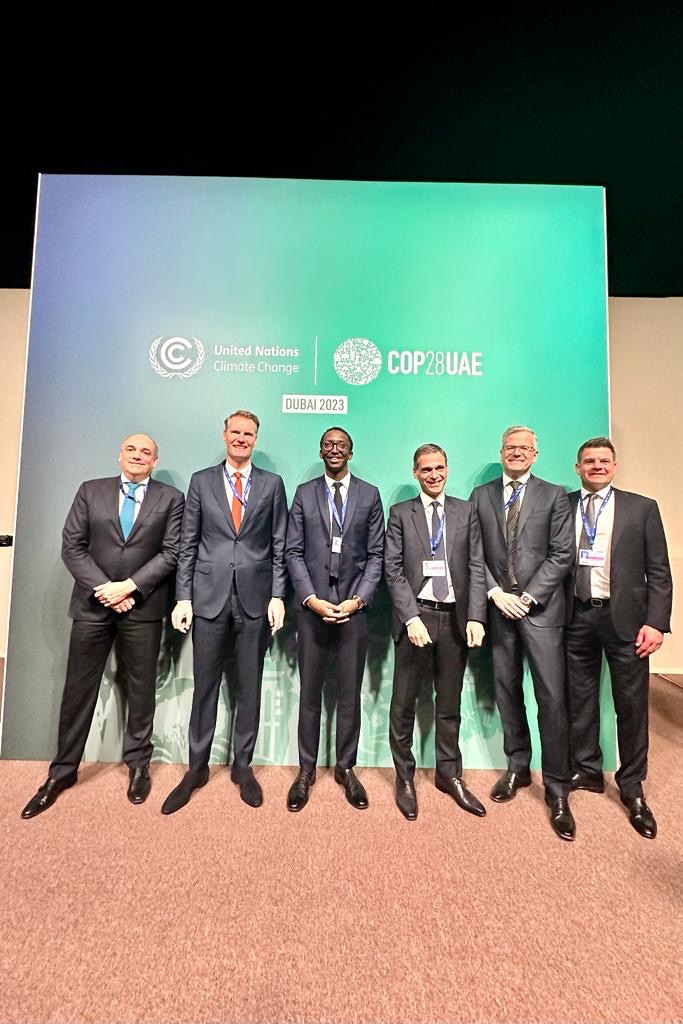EV is fast becoming a top priority for many businesses, fuelled by the significant benefits that can be realised through making the switch, writes Dee Humphries (pictured), Managing Director, Equans EV Solutions. With reduced carbon emissions, financial savings, increased sustainability credentials, improved productivity, enhanced employee experience – the benefits of transitioning to an electric fleet are undeniable.
Whilst there are clear benefits on paper, it’s important to acknowledge that transitioning a fleet to EV can come with challenges. In fact, many businesses are presented with multiple barriers when they begin to adopt EV that can sometimes halt the process. However, the solution isn’t to simply admit defeat, but rather to navigate and manage the challenges effectively to ensure the transition is seamless, enabling the gain of long-term benefits.
Here, Dee Humphries, Managing Director of Equans EV Solutions, highlights some of common challenges businesses are facing when it comes to adopting EV, with the strategy to overcome them – alongside a proven framework for EV adoption.
Challenges and solutions for businesses adopting EV
A common challenge fleet operators face in the early stages of their EV transition is a lack of internal buy-in. This can come in the form of resistance from those who do not understand the benefits of EV, as well as from those who see EV as an unnecessary business cost. This is typically prevalent in industries that have historically been dependant on conventional fuel options.
To overcome this barrier, it’s important to ensure these stakeholders are engaged from the offset and the programme is aligned to the business’ overall goals. Overcoming this barrier doesn’t need to be complex, but rather about education and demonstration. Consider sharing success stories of similar businesses via case studies, reports or testimonials. This can help bring the benefits of transitioning to life, building the case for EV adoption.
Another challenge is having the capital to invest in both the required vehicles and charging infrastructure. This can be particularly challenging if EVs weren’t accounted for in long-term budgeting. However, it’s important to think of EVs in terms of total cost of ownership, instead of initial investment costs. Whilst transitioning to EV might be expensive initially, the long-term savings through lower fuel costs, reduced maintenance costs and an extended vehicle lifespan make the investment more than worthwhile. There are also ample government initiatives and schemes that are available for both infrastructure and vehicle costs, plus leasing options available, to make EVs more economically viable.
As with most things, failing to properly plan and prepare is a challenge many businesses will face as this will result in an ineffective EV integration strategy. Transitioning to EV requires an in depth understanding of new technologies, assessing operational requirements and much more. However, often resources to develop this knowledge are limited – meaning hesitations can occur, halting the transition. The solution here is to bring in the experts. This means a specialised organisation who can develop a detailed and tailored EV transition strategy that is aligned with the goals and needs of your business. This will remove any uncertainty and ensure the transition is smooth and successful.
Why now is the time to transition your fleet to EV
Despite the challenges that transitioning to EV presents, the reality is that businesses who don’t start to make the transition will get left behind. The time to start the transition is now and thankfully, with the right strategy and approach, these challenges can be overcome – meaning there’s never been a better time to do so. EV adoption has become more convenient than ever for businesses across the UK. Recent electric commercial vehicle ownership stats highlight many have already implemented EV for their fleets, with vans up 67.3%, buses and coaches increasing by 34.9%, and the number of zero emission trucks almost trebling since last year.
Concerns that would usually be front of mind for businesses looking to adopt EV their fleet would be cost and range. Both of these are steadily becoming worries of the past. Take cost – battery prices have plummeted by 89% over the past decade, making EV models increasingly competitive against petrol and diesel vehicles. There are also multiple incentives for EV adoption and charging infrastructure from the government, offering a breadth of financial support to meet the needs of all businesses.
Range capabilities have expanded considerably meaning the average modern EV can now travel over 200 miles on a full charge. This has significantly reduced the concern of range anxiety for fleets and means EV is no longer a barrier for businesses that need to travel hundreds of miles on a daily basis. Infrastructure has also grown and improved, offering a solution to keep drivers on the move when required. It’s been noted that there are now 77,531 charging connectors in 29,709 locations across the UK. This is a 194% increase compared to 2019 – meaning charging convenience has substantially improved for drivers.
A Proven Framework for Electric Vehicle Adoption
To navigate this transformative shift in fleet management, Equans EV Solutions has released a whitepaper that addresses the common questions and obstacles faced by logistics fleet operations. Drawing on over a decade of industry expertise, the whitepaper adopts a barrier-to-solution approach, focusing on challenges such as how to gain internal buy-in for EV adoption, the considerations required for designing an appropriate charging solution, and how to pilot the necessary operational and organisational changes to make EV charging a triumph.
Backed by more than 10 years of industry expertise, this whitepaper delivers critical insights logistics operators need to transition to EVs confidently and effectively. The key features include:
• Completing a comprehensive financial analysis to realise the true total cost of ownership for an electric fleet.
• Creating a strategic EV integration plan that covers organisational adjustments, infrastructure development, fleet management and training needs.
• Adopting transparent communication and assigning ‘EV champions’ to illuminate the long-term benefits of EVs to internal stakeholders which align with environmental and operational gains.
With this strategic, yet adaptable, approach towards fleet management, Equans is not only solidifying the position of businesses that adopt EVs, but also shaping a promising and eco-responsible future for the global transportation industry.











